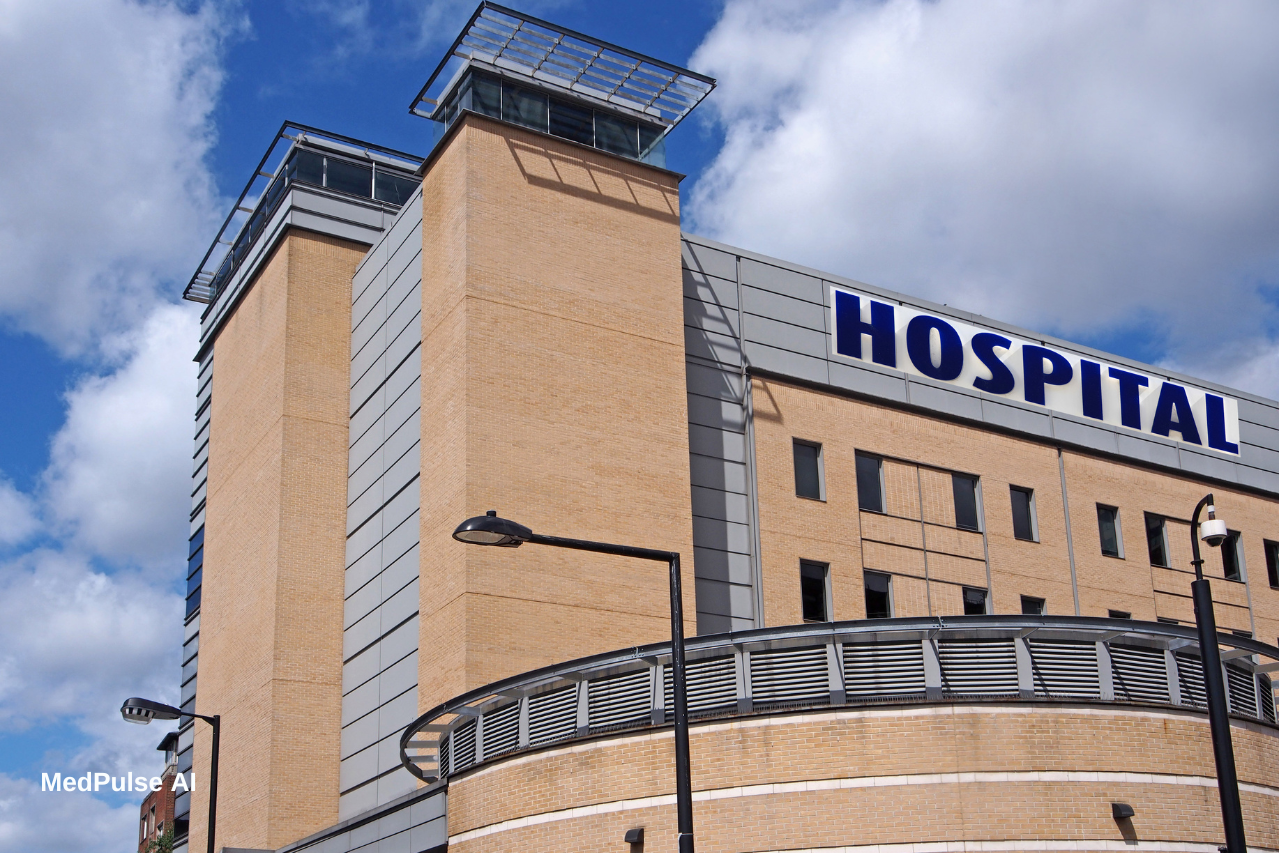New York, NY — Mount Sinai Health System, one of the largest academic medical institutions in the United States, has launched the Center for Artificial Intelligence in Children’s Health, a major initiative aimed at accelerating AI-powered research and precision medicine for pediatric patients.
The center, based within the Mount Sinai Kravis Children’s Hospital and the Icahn School of Medicine, will focus on integrating machine learning and advanced analytics into every stage of pediatric care—from diagnosis and treatment to health equity and long-term patient outcomes.
“Children are not just small adults—they present unique clinical challenges,” said Dr. Brendan Carr, CEO of Mount Sinai Health System. “This new center will allow us to harness cutting-edge AI technology to address those challenges head-on, and ultimately improve health trajectories for young patients.”
The move positions Mount Sinai as a leader in pediatric artificial intelligence, a field that has lagged behind adult-focused AI research but is now gaining momentum. The center’s mission includes developing AI models tailored to children’s diverse physiological, developmental, and social health needs, and applying those tools to real-world clinical settings.
At the heart of the initiative is a drive to advance personalized medicine for children through AI. The center will develop algorithms that can predict, detect, and manage conditions such as congenital heart disease, pediatric cancers, neurodevelopmental disorders, and rare genetic diseases.
“Pediatric care must consider dynamic changes in growth, development, and disease expression,” said Dr. Carol Horowitz, a population health expert at Icahn School of Medicine. “By training AI models specifically on pediatric data, we can offer more precise diagnostics and treatments, reducing unnecessary interventions.”
For instance, AI is expected to support earlier detection of conditions such as Type 1 diabetes, asthma exacerbations, and even mental health crises through predictive modeling.
A critical component of the center’s mission is to use AI to address longstanding disparities in children’s health. Mount Sinai researchers plan to leverage AI to identify and mitigate health inequities related to race, income, geography, and access to care.
“Children from marginalized communities often experience poorer health outcomes due to social determinants of health,” noted Dr. Emma Schwartz, a pediatrician involved with the center. “AI can help us better understand these disparities and inform interventions that are culturally and contextually relevant.”
This aligns with national trends. According to the Centers for Disease Control and Prevention (CDC), Black and Hispanic children face significantly higher rates of preventable hospitalizations and chronic illness compared to their white peers.
The center plans to integrate AI into clinical workflows across multiple pediatric specialties, from neonatal intensive care units (NICUs) to general pediatrics and specialty care clinics.
One early project involves developing AI-powered tools for early detection of sepsis in newborns, a leading cause of neonatal mortality. Another initiative will focus on improving diagnostic accuracy for autism spectrum disorder (ASD) by using AI to analyze subtle behavioral patterns and clinical histories.
“AI can help pediatricians make faster, more informed decisions,” Dr. Schwartz added. “When you’re dealing with vulnerable patients, every minute—and every data point—matters.”
The new center builds on Mount Sinai’s existing investments in artificial intelligence and digital health. The health system’s Institute for AI and Data Science (DSAI) has led research into AI-driven cancer diagnostics, population health analytics, and predictive modeling for adult patients.
With this expansion into pediatric AI, Mount Sinai joins a small but growing number of institutions globally—including Boston Children’s Hospital and Great Ormond Street Hospital in London—focused on advancing AI applications for young patients.
According to a 2024 report from MarketsandMarkets, the global AI in healthcare market is projected to reach $102.7 billion by 2028, but only a small fraction of those solutions are designed specifically for children.
As with all AI initiatives in healthcare, the Mount Sinai team is prioritizing patient privacy, algorithmic transparency, and ethical oversight.
“Children’s data must be handled with the highest level of care,” emphasized Dr. Horowitz. “We are committed to developing models that are not only accurate but fair, explainable, and compliant with evolving regulatory standards.”
Mount Sinai plans to collaborate with ethicists, patient advocacy groups, and AI experts to ensure that bias is minimized and that pediatric patients’ rights are protected throughout the research and deployment process.
The launch comes as health systems worldwide face growing pediatric health challenges, from rising rates of childhood obesity and mental health disorders to the global impacts of climate change on children’s well-being.
“Pediatric populations are uniquely vulnerable, and many of today’s healthcare systems aren’t optimized for their specific needs,” said Dr. Myers, a global child health specialist unaffiliated with the Mount Sinai project. “The hope is that AI will help bridge those gaps by delivering precision at scale.”
Mount Sinai’s Center for AI in Children’s Health is expected to start rolling out AI-assisted tools within the next year, with plans to share research findings across national and international pediatric health networks.
Mount Sinai Health System is a major academic health network based in the New York metropolitan region. It includes seven hospitals, a large outpatient network, a prominent medical school, and over 600 research and clinical labs. With approximately 48,000 employees and around 9,000 physicians, it offers services from pediatrics to geriatrics. The system is nationally recognized for medical innovation, patient care, and education. Mount Sinai consistently ranks among the nation’s top hospitals and is committed to advancing healthcare through research, technology, and community-centered care.




